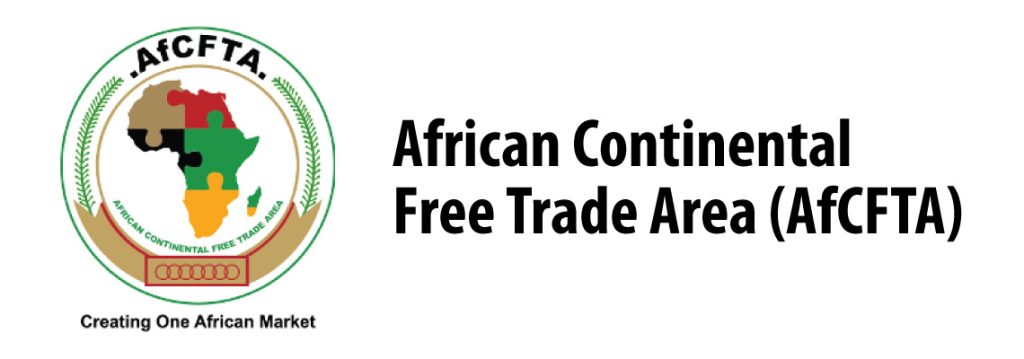The recent renewal of the currency swap agreement between Nigeria and China, valued at $2 billion (15 billion yuan), has sparked concerns about its potential impact on Nigeria’s participation in the African Continental Free Trade Area (AfCFTA). While the deal aims to strengthen economic ties and facilitate trade between the two nations, some experts argue it could create obstacles for Nigeria in its pursuit of broader African economic integration. The core concern revolves around the potential for increased dependence on the Chinese yuan, which could undermine the AfCFTA’s objectives of promoting intra-African trade and the use of African currencies.
The AfCFTA seeks to foster economic growth and development across the African continent by eliminating trade barriers and promoting intra-African trade. A key element of this vision is the reduction of reliance on foreign currencies, encouraging the use of African currencies in cross-border transactions. The Nigeria-China currency swap, however, could inadvertently steer Nigeria towards greater reliance on the yuan, potentially hindering the broader adoption of African currencies within the AfCFTA framework. This could create a conflict of interest, pulling Nigeria towards its bilateral relationship with China at the expense of its commitment to pan-African economic integration.
Furthermore, the currency swap agreement primarily focuses on bilateral trade between Nigeria and China, raising concerns that it might divert Nigeria’s trade focus away from other African nations. If Nigerian businesses increasingly prioritize trade with China due to the facilitated currency exchange, it could limit the growth of trade within Africa, undermining the AfCFTA’s goal of boosting intra-African trade and strengthening economic ties within the continent. This could further isolate Nigeria from its African partners, potentially creating an economic imbalance within the AfCFTA and hindering the overall goal of pan-African economic unity.
Another concern stems from the potential for the currency swap to exacerbate the existing trade imbalance between Nigeria and China. Nigeria currently imports significantly more from China than it exports, leading to a substantial outflow of foreign exchange. The currency swap, while facilitating transactions, could potentially amplify this imbalance if it doesn’t stimulate a corresponding increase in Nigerian exports to China. This could put pressure on Nigeria’s foreign reserves and weaken its overall economic position, potentially creating a greater dependence on China for imports and further solidifying the trade imbalance.
Moreover, the currency swap deal does not address the existing tariff and non-tariff barriers that hinder trade between Nigeria and other African countries. The AfCFTA aims to dismantle these barriers to facilitate smoother trade flows within the continent, but the currency swap agreement does not offer any solutions in this regard. This raises questions about the compatibility of the deal with the AfCFTA’s broader objectives, as it fails to address crucial obstacles to intra-African trade. While the currency swap might facilitate trade with China, it does not directly contribute to removing the existing hurdles within the African trade landscape.
The currency swap agreement also carries the risk of currency fluctuations, which could impact the value of the naira against the yuan. A significant depreciation of the naira against the yuan would make Nigerian exports more expensive and less competitive in the Chinese market, potentially exacerbating the existing trade imbalance. This vulnerability to currency fluctuations introduces an element of uncertainty and risk for Nigerian businesses engaged in trade with China, potentially hindering their growth and competitiveness in the long run. The potential for currency volatility underscores the need for careful management and monitoring of the exchange rate to mitigate the risks associated with the currency swap.
Despite these concerns, the currency swap agreement also presents some potential benefits for Nigeria. The facilitated exchange of currencies can streamline trade and investment between the two nations, potentially boosting bilateral trade volumes. Given that trade with China constitutes a significant portion of Nigeria’s total trade, this increased ease of transactions could contribute to economic growth. Additionally, the agreement promotes the broader use of the yuan and naira in bilateral transactions, reducing reliance on third-party currencies like the US dollar. This could potentially strengthen the naira and enhance Nigeria’s financial autonomy in its dealings with China. However, it remains crucial to carefully weigh these potential benefits against the potential risks to ensure that the agreement aligns with Nigeria’s broader economic interests and its commitment to the AfCFTA.














